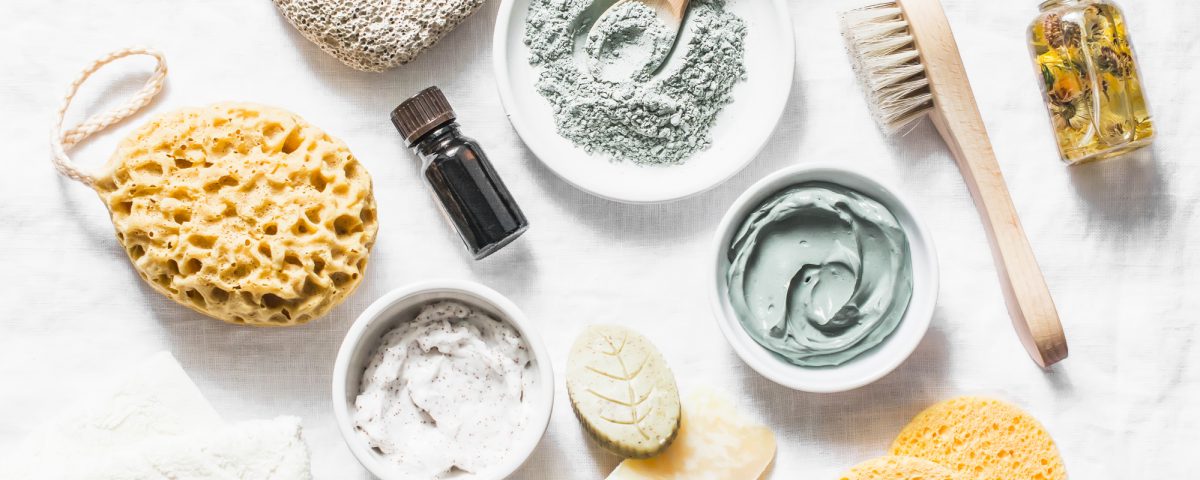Cosmetics Safety: 6 Resources to Help you Make More Educated Choices

How Supreme Court Online Sales Tax Ruling Applies to Your Business
June 29, 2018Frivolous Lawsuits: A Legal Look at Smart Wearable Technologies inc. v. Fitbit inc.
September 23, 2018Consumers are becoming more and more conscious of what they purchase and who they purchase it from. This mind shift has not only occurred in the food and clothing industries, but also the cosmetics industry. Various entities have come up with tools to help consumers learn more about the products they are considering buying. We therefore thought it’d be interesting to compile a list of them here, not only for the conscious consumer that you are, but also because these resources can be great market research tools.
Please use this as general information, not as legal advice. If you have any questions regarding cosmetics safety, please consult an attorney.
#1 EWG’s Skin Deep
Skin Deep was launched in 2004 by the Environmental Working Group. This database provides ratings for sun products, makeup, skin care, nail products, fragrance and a variety of other related products. All ratings come with information on animal testing, a list of concerning ingredients, as well as label information. You can also click on every ingredient on the list if you are interested in learning more about a specific ingredient or if you are looking for studies that were conducted on this particular component.
#2 California Safe Cosmetics Program
The California Safe Cosmetics Program (CSPC) is an initiative by the California Department of Public Health. CSPC’s primary goal is to “collect information on hazardous and potentially hazardous ingredients in cosmetic products sold in California and to make this information available to the public.”
The CSPC’s database can be searched in various ways: by looking up a product name, a brand or a company name. Research on this database will allow you to find cosmetics that contain ingredients known or suspected to cause health problems and which have been reported to state of California, in compliance with the California Safe Cosmetics Act.
This website is also full of legal and technical resources as well as data reports and other publications.
#3 Cosmetics Ingredient Review
The Cosmetics Ingredient Review was created in 1976 by Personal Care Products Council. Their database is quite different from the other ones on this list, as it is meant for in depth research about specific ingredients. This website is perfect if you are looking for solely scientific information (if you are in the process of developing your own line of products, for instance). Every entry on this database comes with a detailed report assessing the safety of the ingredient you are looking into.
#4 Think Dirty App
Think Dirty is a phone application that, similarly to EGW’s Skin Deep, allows you to search for a various product in their database. Every entry comes with a list ingredient that are categorized as follows: “clean” ingredients, “half n’ half” ingredients, and “dirty” ingredients. Clicking on the ingredients will allow you to learn more about an ingredient’s synonyms, usage, and health impacts. This app will also suggest similar “cleaner” alternatives to the products you initially searched for and gives you the option of shopping for said products by sending you directly to the relevant Amazon listing.
#5 Cosmetics Info
Cosmetics info is an educational website sponsored by the Personal Care Products Council. This website is separated into three distinct sections: the first one addresses safety and regulatory information, the second one is the website’s ingredient database, and the third one is a blog where you will find videos and infographics that will help make the information you find on this website a little easier to understand.
Similarly to the Cosmetics Ingredient Review, Cosmetics info allows you to search through its database for specific ingredients. Every entry will provide you with a little summary about the ingredient, why it is used in cosmetics and personal care products, some scientific facts as well as safety information.
#6 The Good Guide
While this app covers a variety of products (including food and household products, the Good Guide’s database does contain a significant amount of data about cosmetics. You can search through the database by looking up a specific product. The Good Guide gives products a rating based the potential health impacts associated with a product’s use. Just like the Think Dirty app, the Good Guide allows you to shop for products from their website by sending you to the appropriate Amazon listing.
As with all Law on the Runway posts, please use this as general information, not as legal advice. If you have any questions regarding cosmetics safety and regulations, you may email {hello [@] lawontheruway.com}

